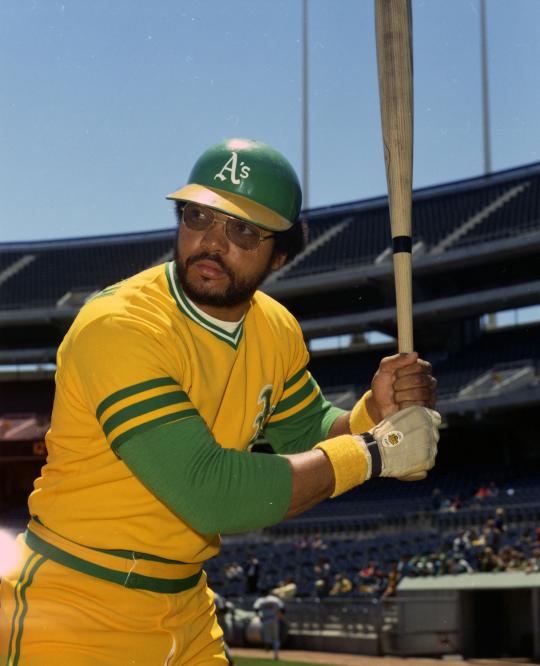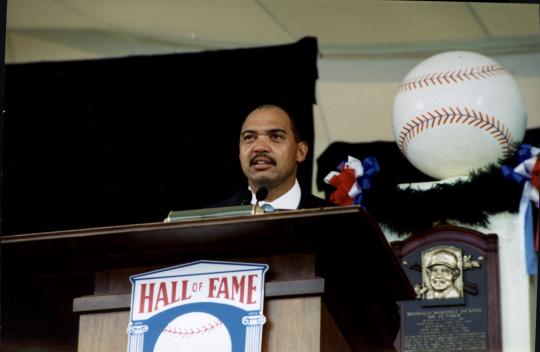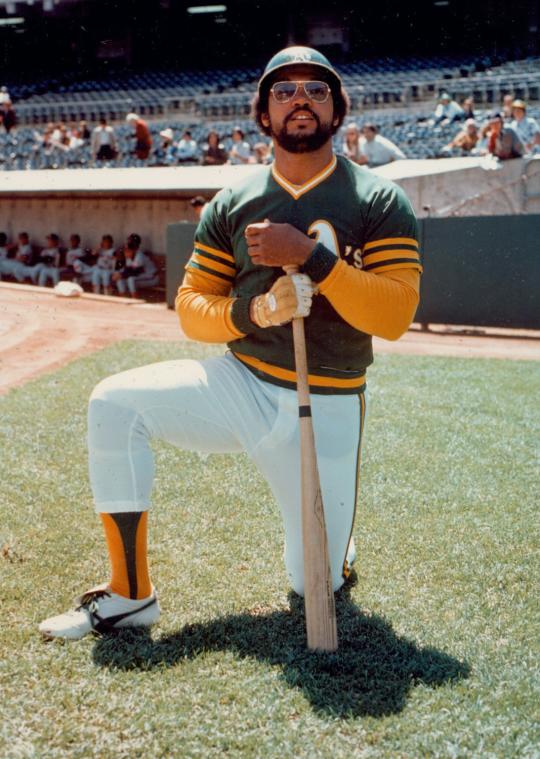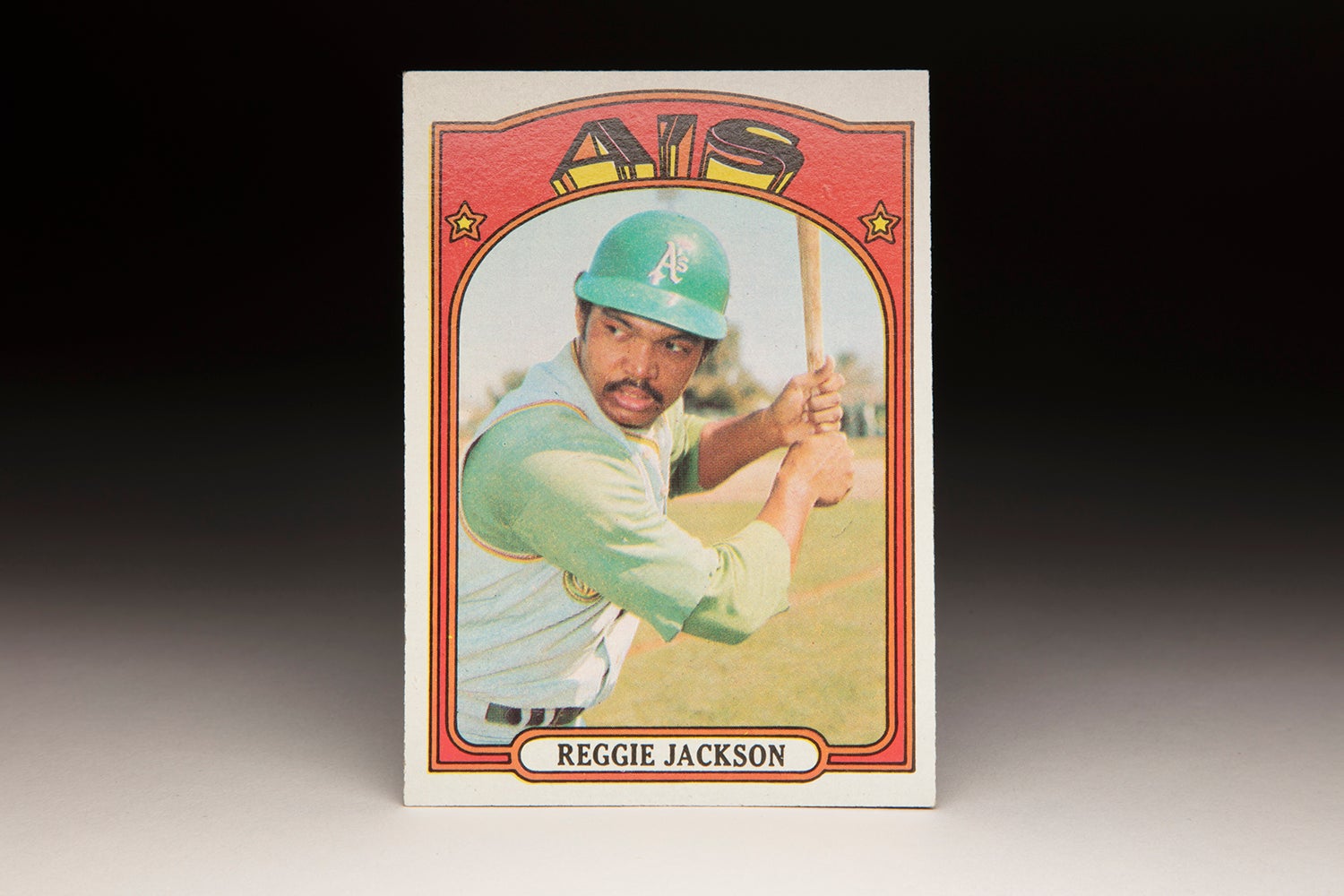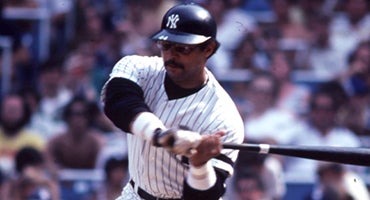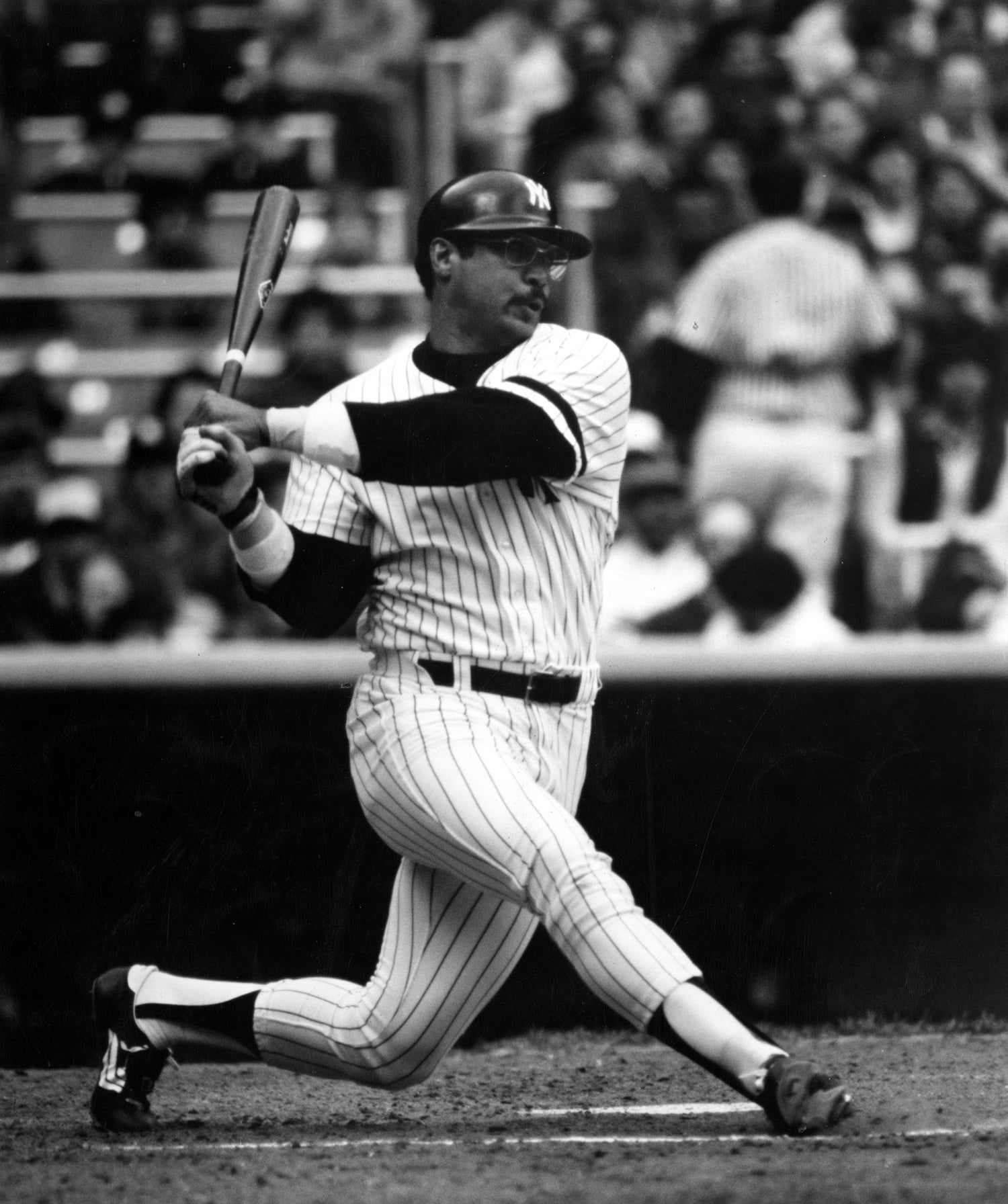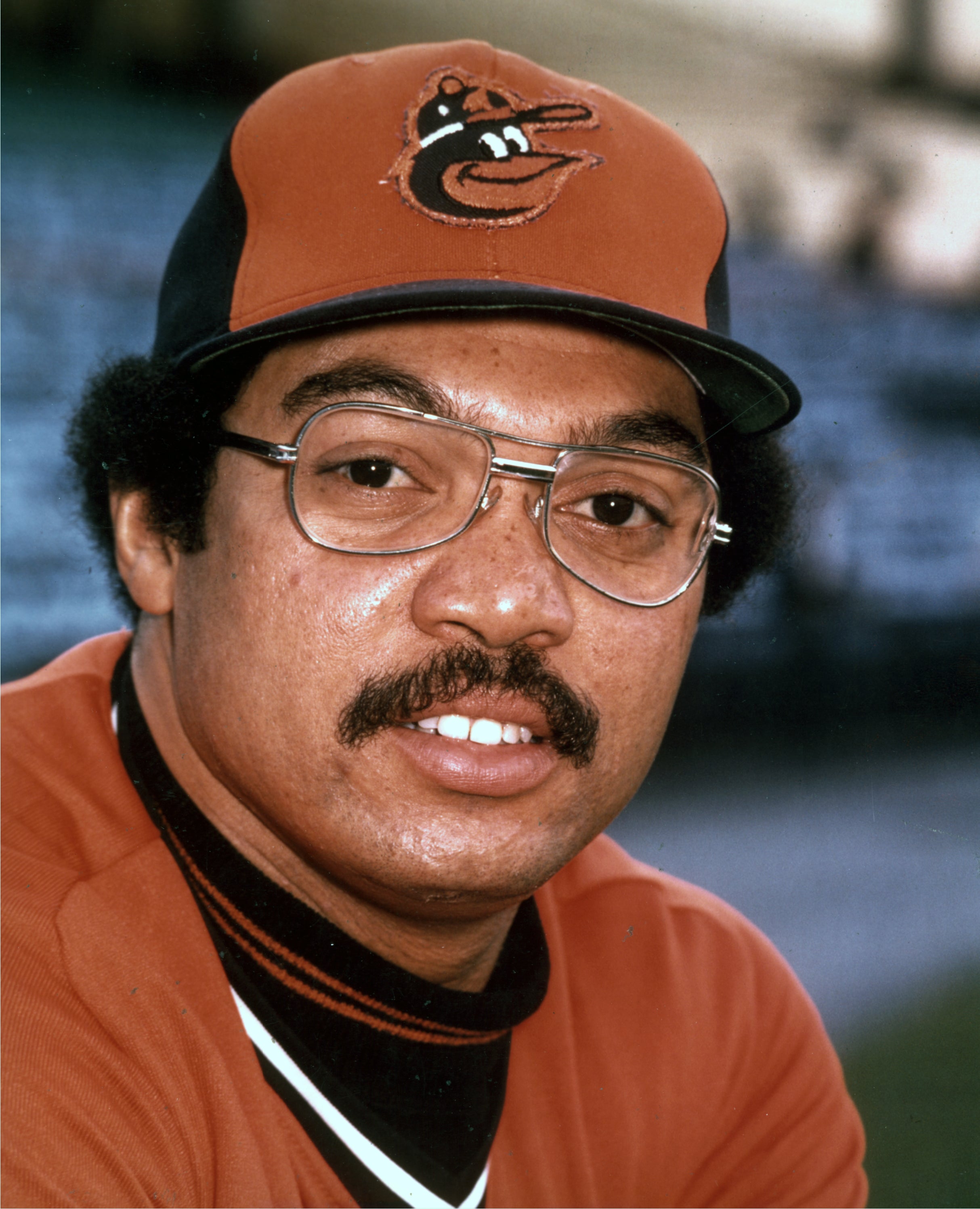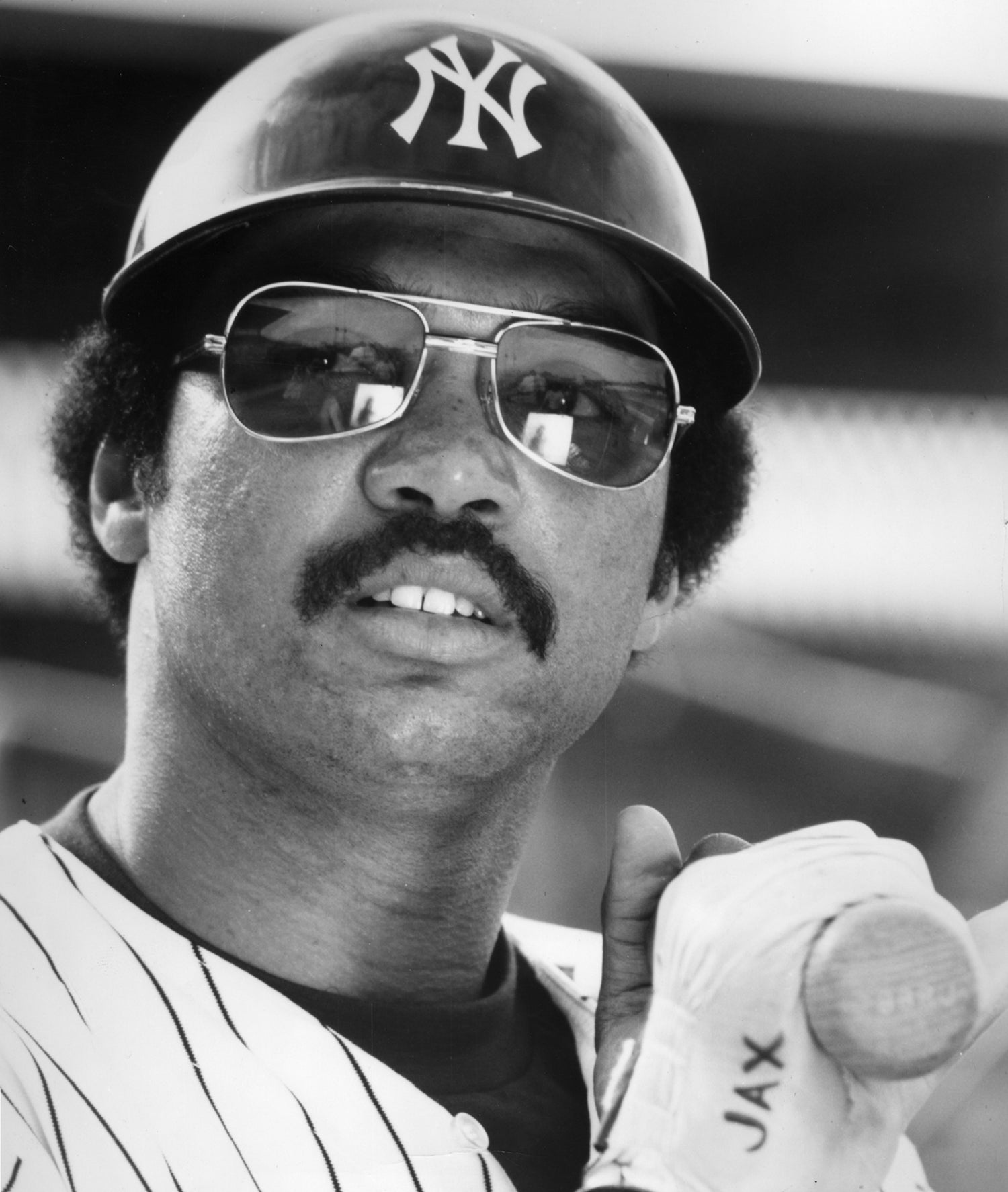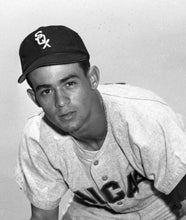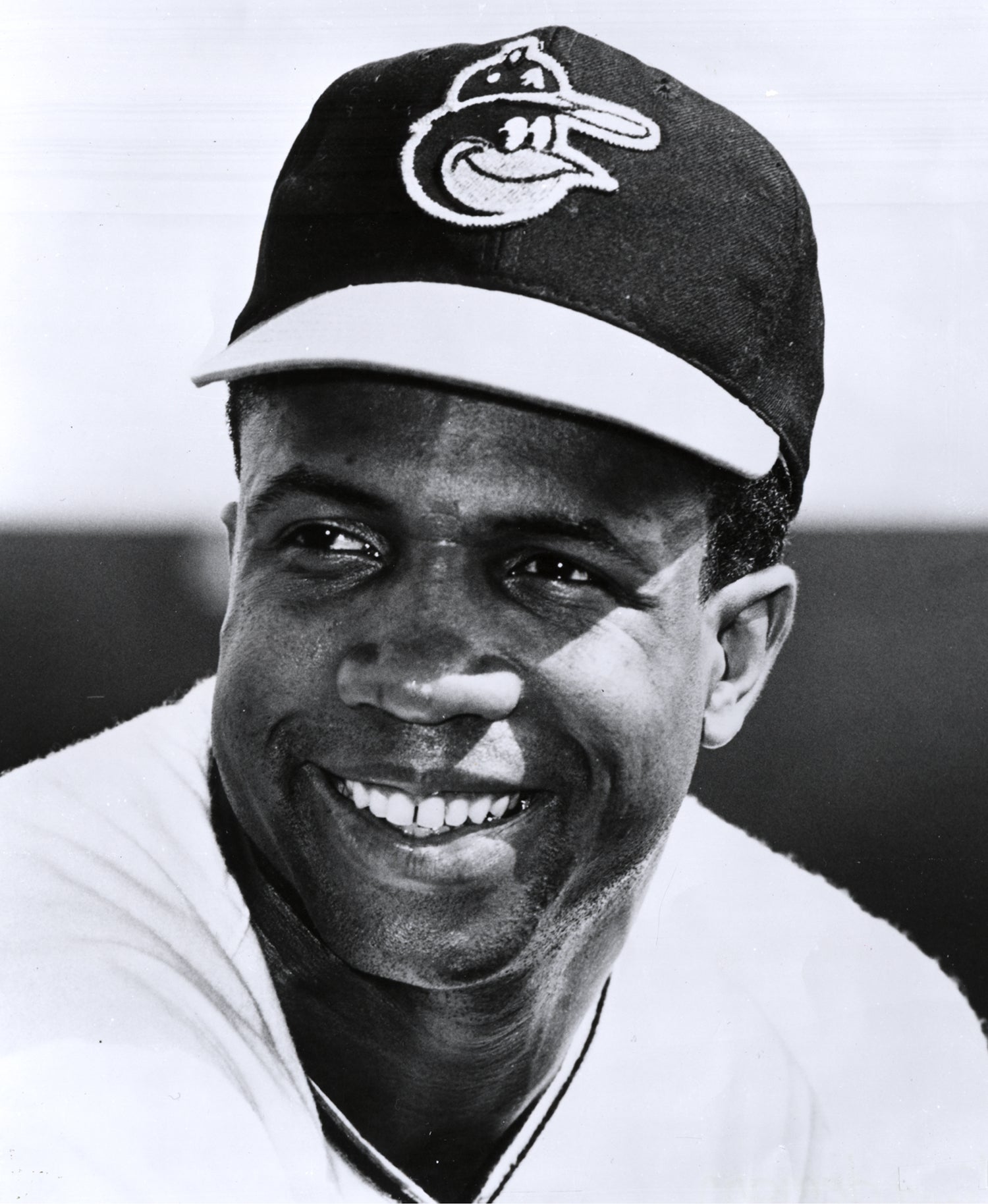- Home
- Our Stories
- Jackson’s titanic home run lifts AL to win in All-Star Game
Jackson’s titanic home run lifts AL to win in All-Star Game
Reggie Jackson is known as perhaps one of the most clutch hitters of all time.
But in only his fourth complete season with the Athletics, Jackson was yet to be known as Mr. October. He did, however, give a glimpse of the talent that would later earn him the nickname.
Playing in his second All-Star Game – on July 13, 1971 – Jackson was utilized as a pinch hitter. The AL was down 3-0 in the third inning before Jackson stepped to the plate in place of Vida Blue, with Luis Aparicio on first and Dock Ellis on the mound.
Just as he would do on many occasions in other clutch positions, Jackson took a mighty swing that sent the ball soaring out of the park for a home run.
But this homer – which would have likely completely left Detroit’s Tiger Stadium had it not hit a transformer on the roof – imbedded Jackson in the nation’s sporting consciousness.
Today, it’s still a staple of All-Star Game highlight reels.
“I wasn’t even trying to hit a home run,” Jackson told the Associated Press after the game. “I was just trying to keep from striking out. All I wanted to do was meet the ball.”
Although that would be the only action Jackson saw in the game, it proved to be the catalyst for the American League victory. Frank Robinson would add another two run shot later that inning, giving the AL the lead for good in a 6-4 victory.
Already a prolific power hitter, Jackson’s talent for hitting in crunch time situations would earn him the label of Mr. October because he helped his ball clubs to five World Series titles – three with the A’s and two with the Yankees.
In 27 Fall Classic games, he amassed 10 home runs, 24 RBI and a .357 average, almost 100 percentage points higher than his career average. In the decisive Game 6 of the 1977 World Series, Jackson went a perfect 3-for-3, hitting three home runs on three consecutive pitches, winning his second World Series MVP award.
The postseason heroics, however, were only icing on top of an already legendary player’s career. In his 21-years in the big leagues, Jackson amassed 563 home runs, which at the time of his retirement ranked sixth on the all-time list.
Jackson won the 1973 AL MVP award in arguably his finest individual season. On the year he hit .293, while leading the league in home runs (32), RBI (117) and runs (99). The 14-time All-Star led the league in home runs four times and slugging percentage three times.
In his first year of eligibility, Mr. October was the lone inductee into the Baseball Hall of Fame in 1993, hearing chants of “Reg-gie! Reg-gie!” from the thousands fans attending Hall of Fame Weekend in Cooperstown.
Kevin Stiner was the spring 2011 Public Relations intern for the National Baseball Hall of Fame and Museum

